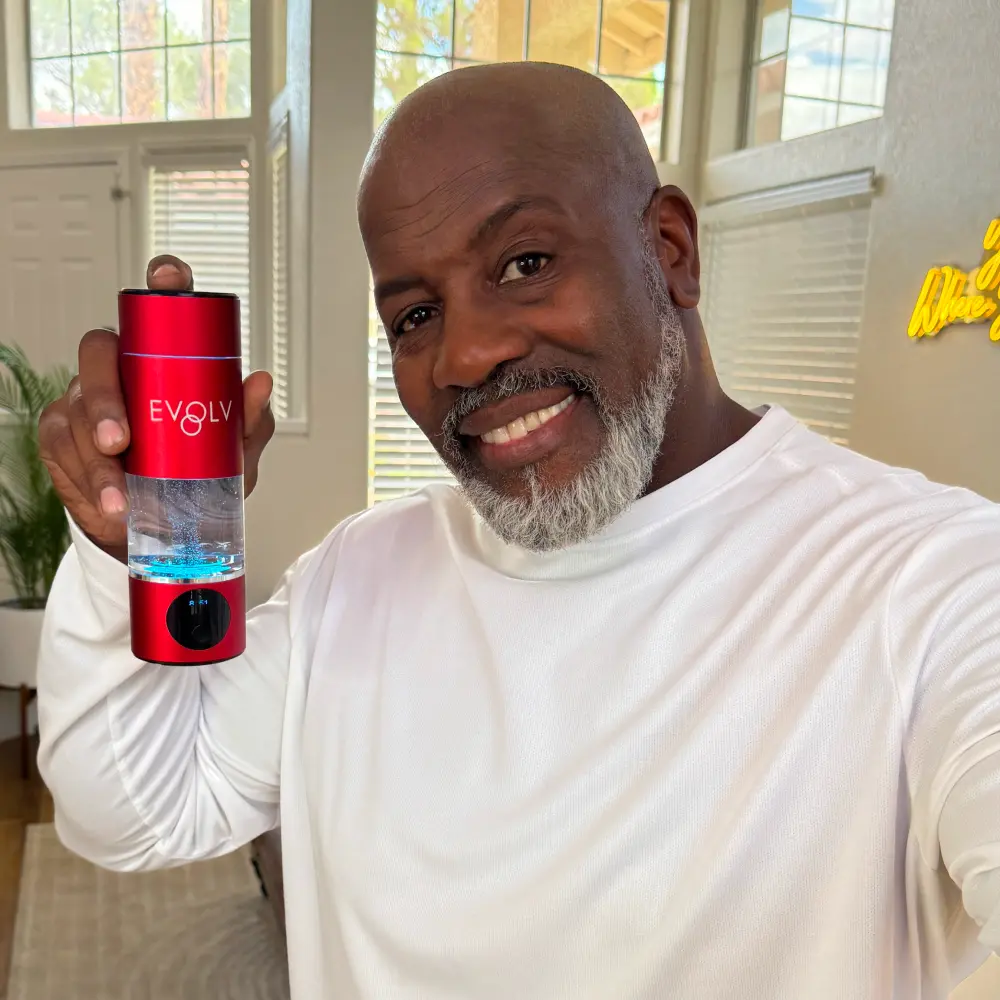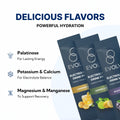
Hydrogen water is becoming a go-to wellness drink for people looking to reduce oxidative stress, support energy, and improve recovery. But while the buzz is growing, many people still ask: How much hydrogen water should you actually drink per day? Let’s explore the science-backed recommendations and safety considerations, so you can sip smart.
What Is Hydrogen Water, Really?
Hydrogen water is regular water (H₂O) that contains dissolved molecular hydrogen gas (H₂). Unlike other antioxidants, hydrogen selectively targets harmful free radicals like hydroxyl radicals without disturbing helpful reactive oxygen species (ROS). This makes it a potentially powerful tool for reducing oxidative stress.
How Much Hydrogen Water Should You Drink Per Day?
There is no official RDI (Recommended Daily Intake) for hydrogen water yet, because it's still considered a functional beverage, not a nutritional requirement. However, based on clinical studies and expert consensus, here are some general guidelines:
|
User Type |
Suggested Daily Intake |
H₂ Concentration |
Notes |
|
General wellness |
1–2 servings (250–500 mL) |
~1–2 ppm |
Good starting point |
|
Athletes / active users |
1–1.5 liters total |
~1–2 ppm |
Split into multiple servings |
|
Therapeutic/targeted support |
Up to 2 liters/day |
~1.6–2.5 ppm |
Under medical guidance |
A typical glass = 250 mL. So 1–2 glasses per day = a safe starting dose.
Safety Considerations
Molecular hydrogen has been widely studied and demonstrated a high safety profile.
Here’s what we know:
Non-toxic: Hydrogen gas is naturally produced in your gut by fermenting fibers.
Excess is exhaled: Your body expels unused hydrogen through the lungs.
No known upper toxicity limit in clinical studies up to 2.5–3 ppm concentration per serving.
However, keep in mind:
Do not replace regular water entirely with hydrogen water. Use it as a complement, not a substitute.
Be cautious with hydrogen tablets or powders that exceed recommended concentrations.
If you're pregnant, breastfeeding, or managing a chronic illness, consult your healthcare provider first.
What the Science Says
A 2007 study in Nature Medicine showed that inhaled H₂ could reduce oxidative stress and inflammation in brain injury models.
A 2010 clinical study (Kajiyama et al.) used 900 mL/day of 1.5 ppm hydrogen-rich water in patients with type 2 diabetes, no side effects were reported.
A 2020 review in Medical Gas Research confirmed that 1–2 liters of H₂ water/day is safe in human studies with multiple health outcomes evaluated.
When’s the Best Time to Drink It?
Morning: Kickstart antioxidant protection
Pre-workout: Improve performance and reduce fatigue
Post-meal: Aid metabolism and recovery
Spread your intake throughout the day for the best effect, rather than drinking it all at once.
Final Thoughts: Start Small, Stay Consistent
Hydrogen water may support your wellness routine, but you don’t need to overdo it. Start with 1–2 glasses (250–500 mL/day) at around 1–2 ppm concentration, and build from there if desired. Stay hydrated, keep a balanced diet, and use hydrogen water as part of a broader approach to health.
Quick FAQ
Q: Can I drink too much hydrogen water?
A: Not likely, unused hydrogen is exhaled. But over 2 liters/day offers diminishing returns for most people.
Q: Is hydrogen water safe for kids or seniors?
A: In moderate doses, yes. But always consult a doctor first for special populations.
Q: How do I know if my bottle actually produces enough hydrogen?
A: Look for ppm test certifications, or use H₂ test drops to measure.










